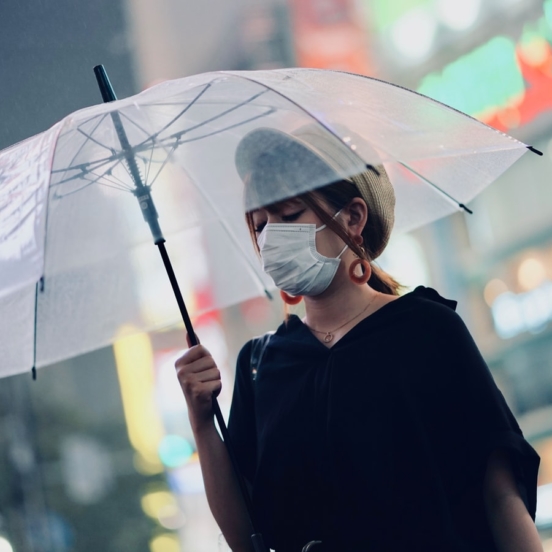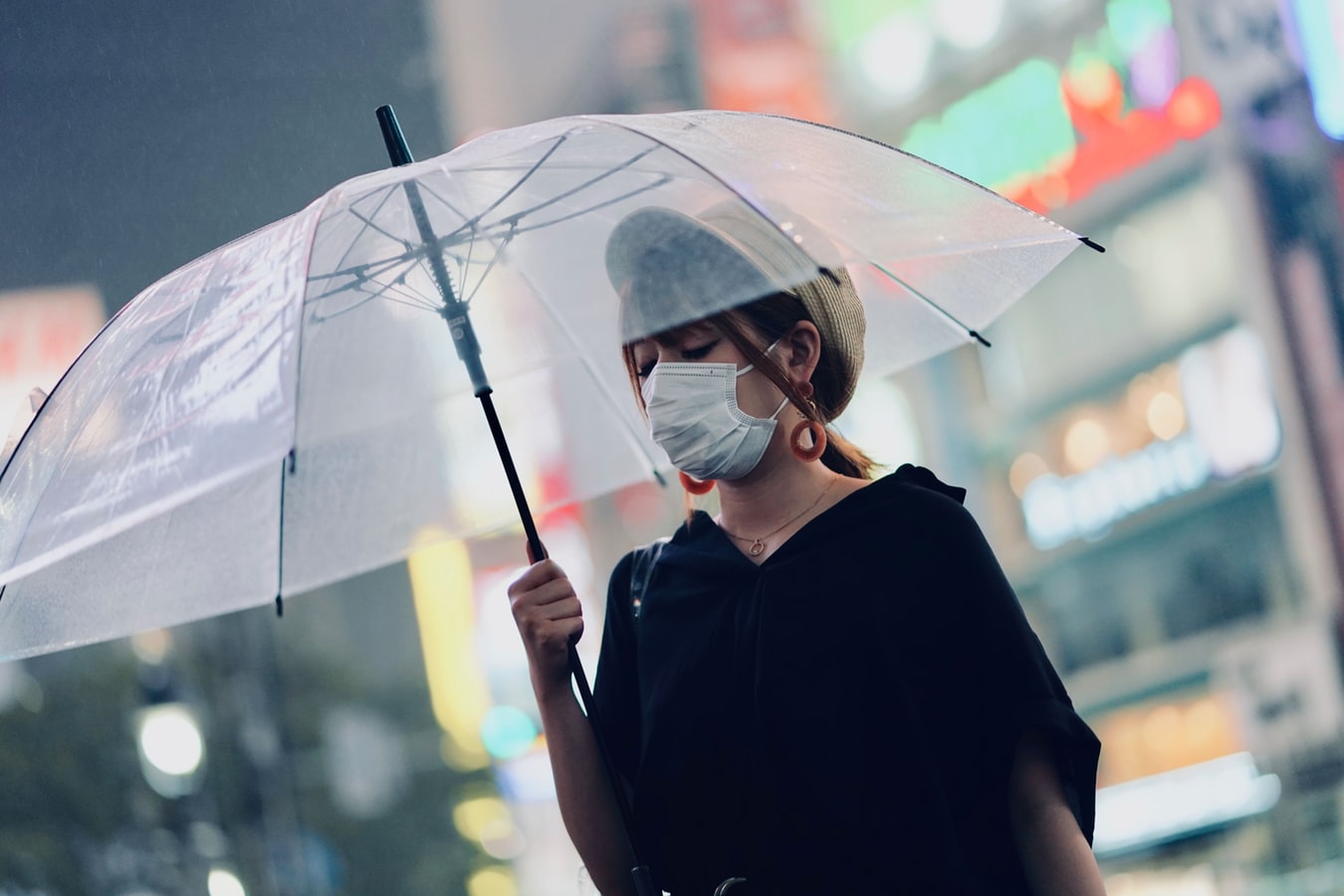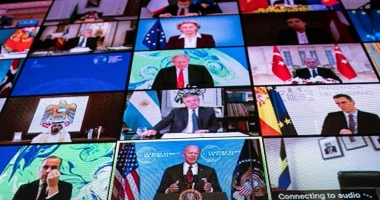Climate, Health and Equity Brief
Miscarriages, Mental Health, and More SUVs
October 18, 2019

Hot Topic: Human health. There has been no shortage of new research this week on the toll climate change is already taking on our health. Researchers in China have found an alarming link between maternal exposure to air pollution and the risk of miscarriage. A new study predicts that warming temperatures will help Ebola spread faster and reach new regions of the world. And researchers have raised the alarm about the mental health toll the ecological crisis is taking on scientists, calling on academic institutions to support them with mental health services akin to those provided to first responders or the military.
Meanwhile, Japan endured one of the most devastating typhoons in its history, leaving nearly 100 people dead, thousands homeless, hundreds of thousands of households without power or water, and an estimated $9 billion in damage. Unfortunately, climate scientists predict that these voracious storms are only going to increase as the climate crisis intensifies.
As scientists warn that the climate crisis could “halt and reverse” progress made in human health over the past century, a new study reveals the 91 organizations that together provide $1 billion annually to keep the climate-denial industry going strong. In the face of this, it is up to all of us to vote, speak out, buy sustainably and educate anyone around us who may still be in doubt. On this latter point, we have included a great resource from the folks at Grist below to help do just that.
—Matt & Traci, GMMB
Health
Leading researchers have published a letter emphasizing the mental health tollof the climate crisis on scientists and encouraging academic institutions to create support systems similar to those within the military. (The Independent)
A new study warns of an increase in the spread of Ebola as a rapidly warming climate is expected to intensify outbreaks and allow the virus to reach previously unaffected areas. (CNN)
A study conducted in Beijing has linked maternal exposure to air pollution with increased risk of miscarriage. (The New York Times)
Typhoon Hagibis brought record-setting rainfall and widespread landslides to Japan this week, leaving 74 dead and fueling at least $9 billion in damages, while climate studies predict the country will see increasingly powerful typhoons in the future due to warming seas. (CNN, The Washington Post)
Equity
A recent study of FEMA home buyouts in flood-prone areas revealed that the homes selected for buyout have depended as much on the wealth of their neighborhoods as on the actual level of danger the homes are exposed to. (The New York Times)
The 2019 Global Hunger Index found that developing countries that are least responsible for climate change are being hit hardest by its effects, with heat-related crop and nutrient loss already driving an increase in chronic hunger globally. (Fast Company)
Tribesmen who have relied upon indigenous weather forecasting techniques for more than 2,000 years are struggling as climate change disrupts trusted weather patterns and bird migrations, impeding their centuries-old farming tactics and leaving isolated communities at risk of hunger. (National Geographic)
Politics & Economy
A new study reveals the 91 think tanks, advocacy organizations and trade associations behind America’s climate denial industry, which is funded by nearly a billion dollars annually. (Smithsonian)
The U.S. Department of Agriculture has contributed just 0.3 percent of its $144 billion annual budget to helping farmers adapt to climate change, while recent extreme weather events have devastated farms from California to Missouri. (Politico)
A new IMF report calls for a global carbon tax of $75 per ton within 10 years—a dramatic increase from the current $2 per ton average—as it would reduce carbon emissions in some countries by up to 45 percent and help limit warming to 2ºC. (The Washington Post)
As a result of SUV sales more than doubling since 2010, SUV’s now represent 40% of the global automobile market and alone are responsible for far more CO2 emissions than the entire aviation and shipping industries. (Yahoo News)
Action
Unilever—a transnational consumer goods company that owns more than 400 brands— announced plans to cut traditional plastic packaging in half within the next six years, opting instead for recycled plastics and reusable or compostable packaging. (Korn Ferry Institute)
Mayors from 35 of the world’s big cities have committed to meeting the World Health Organization’s minimum air quality levels by 2030 and regularly reporting their progress to the public. (Reuters)
Minneapolis is the latest among five U.S. cities cracking down on drive-thrus including restaurants, banks, and other businesses—given their contribution to air pollution from idling vehicles. (CBS News)
How do you talk to a climate skeptic? Read the best responses to the most common arguments denying global warming.
“Climate change, and all of its dire consequences for health, should be at center stage whenever talk turns to the future of human civilizations.”
-Margaret Chan, Former Director General of the World Health Organization
Have feedback on this issue? Email us

)





